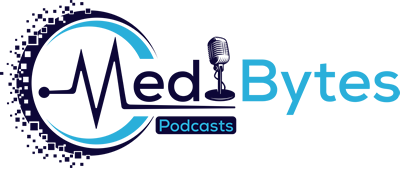Sports Medicine
Listen to the podcast: Cardiovascular health - How important is this to my clinical practice?
Login/Register now to access the questionnaire!
In this podcast Professor Mike Lambert from the Health through Physical Activity, Lifestyle, and Sport Research Centre at the University of Cape Town sheds light on the multifaceted challenges faced by medical students, balancing academic demands with maintaining a healthy lifestyle.
Mike is joined by Associate Professor Georgia Torres and Dr Natalia Neophytou, both from the University of the Witwatersrand.
Georgia has a Masters degree in Exercise Physiology and a PhD in the field of Metabolic Syndrome and Exercise Programming. She also holds a Medical Exercise Specialist and a Health Coaching qualification with the American Council on Exercise.
Natalia holds a Masters degree in the field of Biokinetics and, more recently she submitted her PhD in the field of Autism Spectrum Disorder.
Drawing from the expertise of Georgia and Natalia, they discuss the repercussions of prolonged sitting and reduced physical activity on cardiovascular health, emphasising the importance of proactive measures.
- Understanding the Physical Activity and Fitness Levels of Medical Students: Learn about the current state of physical activity and cardiorespiratory fitness among third- and fifth-year medical students in South Africa, and highlight the gap between recommended and actual activity levels.
- Recognising the Impact of Sedentary Lifestyles: Gain insights into how sedentary behaviours influenced by demanding academic schedules contribute to low fitness levels and increased cardiovascular disease risk factors among medical students.
- Comparing Global Physical Activity Trends in Medical Education: Explore how the physical activity levels of South African medical students compare with those in other countries, including factors that contribute to higher activity levels in certain populations.
- Identifying the Role of Socioeconomic Status and Gender: Understand the influence of socioeconomic status and gender on physical activity levels, with a focus on the disparities that exist within the medical student population.
- Developing Interventions for Improved Health Outcomes: Discuss the importance of implementing targeted physical activity interventions within medical education to improve the health and fitness of future healthcare professionals and their potential impact on patient care.



